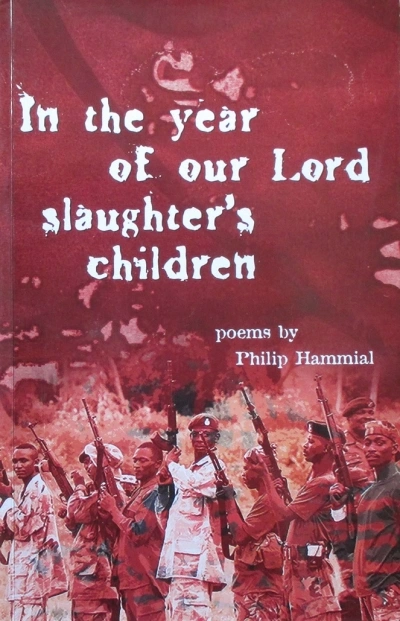Island Press
In the Year of Our Lord Slaughter’s Children by Philip Hammial & Home Town Burial by Martin R. Johnson
Browsing through some of the late 1995 offerings from small poetry presses was a case of moving between the dark and light in both themes and styles.
Decidedly on the dark side were two chapbooks from Shoestring Press in Nottingham, giving English publication to the work of two oddly matched Australian poets, Dimitris Tsaloumas and Tim Thorne.
Tsaloumas’ poetry is characterised by gravitas and a grand universality of theme and has sometimes seemed exotic or anachronistic in the less formal, more colloquial context of Australian poetry. Interesting that his English publisher felt it necessary to provide a brief Foreword to Six Improvisations on the River, offering a cautionary note:
... (read more)[Tsalomas’] mode of writing may fret British readers conditioned to expect a less composed, a rawer poetry, one attempting to recreate the force of immediate experience.






